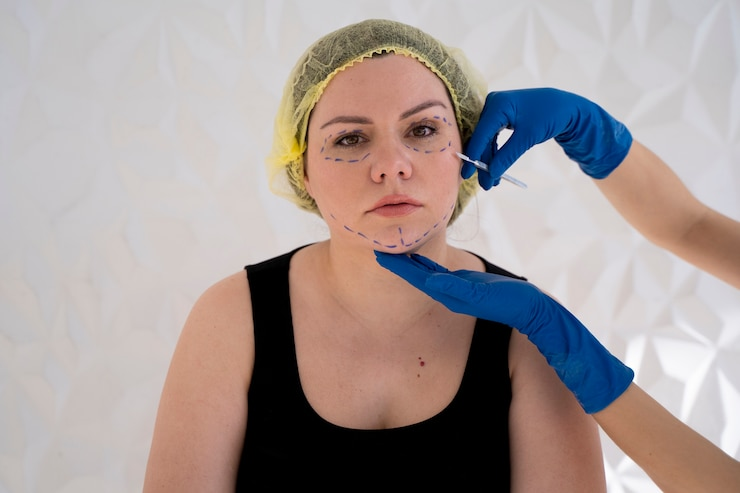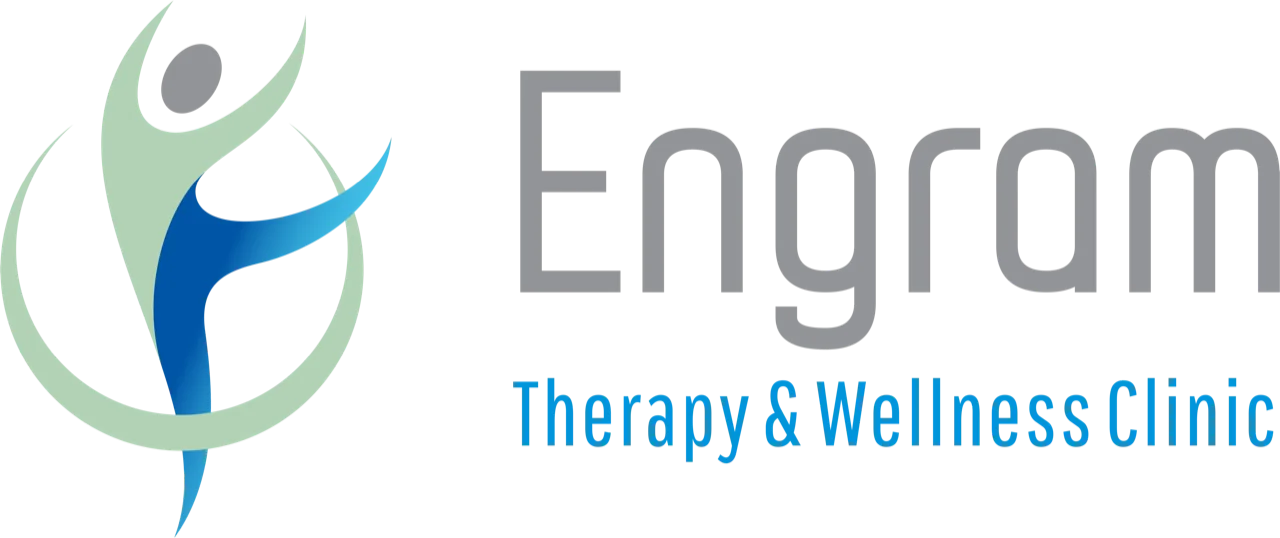Pre-Post Surgery in Chicago

Recover Faster with Expert Pre- and Post-Surgery Rehabilitation in Chicago
Surgery is only part of the journey—how you prepare and recover determines your long-term outcome. Without a structured rehabilitation plan, recovery can be slow, painful, and unpredictable.
At Engram Therapy and Wellness Clinic in Chicago, we specialize in pre- and post-surgical rehabilitation programs that help you regain strength, restore mobility, and prevent complications. Whether you’re undergoing joint replacement, spinal surgery, or a sports-related procedure, our experienced physical therapists guide you every step of the way for a safer, faster, and more complete recovery
Recover Faster with Expert Pre- and Post-Surgery Rehabilitation in Chicago
Surgery is only part of the journey—how you prepare and recover determines your long-term outcome. Without a structured rehabilitation plan, recovery can be slow, painful, and unpredictable.
At Engram Therapy and Wellness Clinic in Chicago, we specialize in pre- and post-surgical rehabilitation programs that help you regain strength, restore mobility, and prevent complications. Whether you’re undergoing joint replacement, spinal surgery, or a sports-related procedure, our experienced physical therapists guide you every step of the way for a safer, faster, and more complete recovery
Why Pre- and Post-Surgery Rehabilitation in Chicago is Essential
Recovering without professional guidance can lead to stiffness, weakness, and long-term limitations. Some patients push too hard, too soon, increasing the risk of setbacks. Others become too sedentary, leading to loss of strength, joint stiffness, and delayed healing. A structured rehab plan ensures you recover safely while regaining full function as quickly as possible.
Phase 1: Pre-Surgery Preparation (Prehab)
Prehabilitation (prehab) is critical to optimizing surgical outcomes: the stronger and more mobile you are before surgery, the smoother and faster your recovery will be. Prehab prepares your body for surgery by improving joint mobility and flexibility to reduce post-surgical stiffness, strengthening muscles around the affected area to enhance post-op function, and refining balance and coordination to ensure stability during recovery.
You’ll also learn safe movement techniques to protect healing tissues post-surgery. This proactive approach not only accelerates recovery and minimizes complications but also reduces post-op pain and swelling, restores flexibility and mobility sooner, and builds long-term strength for sustained success. By prioritizing prehab, you invest in a more resilient recovery and better overall results.
Phase 2: Early Post-Surgical Recovery
Early rehabilitation after surgery is essential to ensure a smooth recovery and prevent complications such as scar tissue buildup, joint stiffness, and muscle loss. Our therapists prioritize pain and swelling management through hands-on therapy and specialized recovery techniques.
Gentle mobility exercises are introduced early to promote circulation and maintain flexibility, while assistive device training, such as using crutches or walkers, ensures safe and supported movement. Additionally, guided functional movements are incorporated to help patients regain independence in daily activities and set the foundation for long-term recovery.
Phase 3: Strength & Mobility Restoration
As your body heals, post-surgery therapy focuses on restoring strength, mobility, and confidence, which is crucial for preventing long-term weakness and ensuring a full return to normal function. The goals of rehabilitation include eliminating movement restrictions, rebuilding strength and stability, improving endurance for daily activities, and safely reintroducing work, sports, or hobbies.
Advanced therapy techniques, such as manual therapy for reducing scar tissue, targeted strength training to restore muscle function, and balance exercises to improve stability, support a safe and effective recovery. Sport- and job-specific training further prepares patients for a seamless return to high-level activities.
The Consequences of Delaying Rehabilitation
Waiting too long to begin rehab can lead to permanent mobility issues, chronic pain, and slower healing. Many patients who skip structured rehabilitation struggle with:
Lingering stiffness and joint restrictions that make daily movement difficult.
Ongoing pain and discomfort due to poor post-surgical recovery.
Increased risk of re-injury from improper movement and weak muscles.
Longer recovery times that delay a return to normal life.
Every day without therapy makes recovery more challenging. The right rehabilitation plan can shorten your healing time, restore mobility, and help you regain independence faster.
Frequently Asked Questions
What is prehabilitation, and do I need it?
Prehab strengthens your body before surgery to improve post-surgical outcomes. It’s especially beneficial for joint replacements, spinal procedures, and orthopedic surgeries.
How soon should I start post-surgery rehab?
Most rehabilitation programs begin within days after surgery, depending on your procedure. Early movement is crucial to prevent complications and speed up healing.
How long does post-surgery therapy last?
Recovery timelines vary, but most rehab programs last 6-12 weeks, with continued strengthening recommended beyond that.
Start Your Recovery the Right Way—Schedule Your Consultation with Engram Therapy and Wellness Clinic in Chicago Today
The difference between a smooth recovery and months of frustration comes down to having the right rehabilitation plan. At Engram Therapy and Wellness Clinic, our team works closely with your surgeon and medical team to ensure your rehab program is tailored to your specific needs.
Spots are limited. Contact Engram Therapy and Wellness Clinic in Chicago today to schedule your consultation and start a personalized rehabilitation program that helps you recover faster, move better, and regain full independence.
Request an appointment with one of our physical therapists today and get started on your journey toward better health and wellness!
In the end, an active lifestyle is more than possible, even if you struggle with chronic pain. If you are looking to improve your health, strength, and physical activity, look no further – we are here to help.
Patients with bleeding disorders, extreme fear of needles, on medications that prevent clotting or promote excessive coagulation, or with tender points directly near vital neural or vascular tissue may be identified as contraindicated to this treatment by a practitioner.
Success Stories & Testimonials
“Carla is the most caring and knowledgeable PT! She cares so much about her patients. My dad is bedridden due to TBI and needs lots of PT work. Carla comes to visit my dad everyday and provides tremendous skillful help. She is very passionate about what she can do to improve my dad’s quality of life. We really appreciate your time and expertise! Keep up the amazing work Carla!!”
Robert Jiang
“Our experience with Engram Therapy & Wellness has been excellent and has made a significant positive difference in our ongoing care for A who has vascular dementia. Thanks to (Director) Carla Haverland’s expertise in wound care and geriatric care, and her proactive approach, we will be able to continue optimal care for A amidst the inevitable changes ahead. Additionally, Carla Haverland is an outstanding communicator and a gifted educator and is able to train our staff of care pros on the broad range of practices and routines required for A’s relative health.”
Lisa Zschunke
“Carla is an amazing practitioner. She worked with my mother and was the only person that we saw that actually helped her lymphedema. She is also very empathetic and truly cares about her patience. After my mom was out of her care, Carla still checked on her and would answer any questions that we had without Charging for her time. I would highly recommend carla. There are very few lymphedema specialists that we encountered that actually know what they are doing.”


